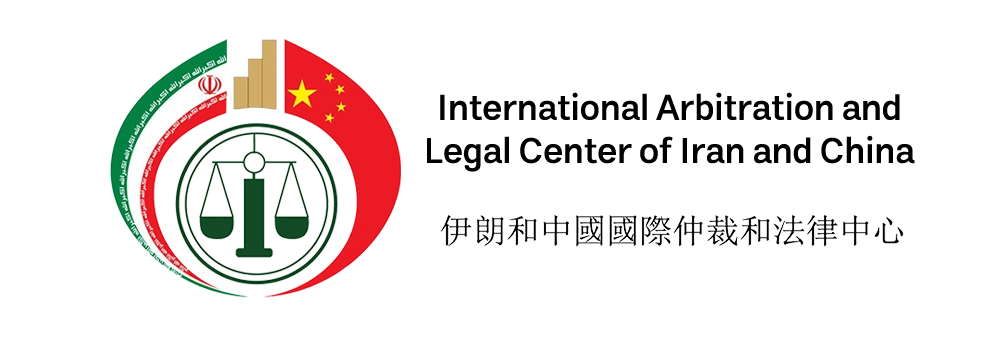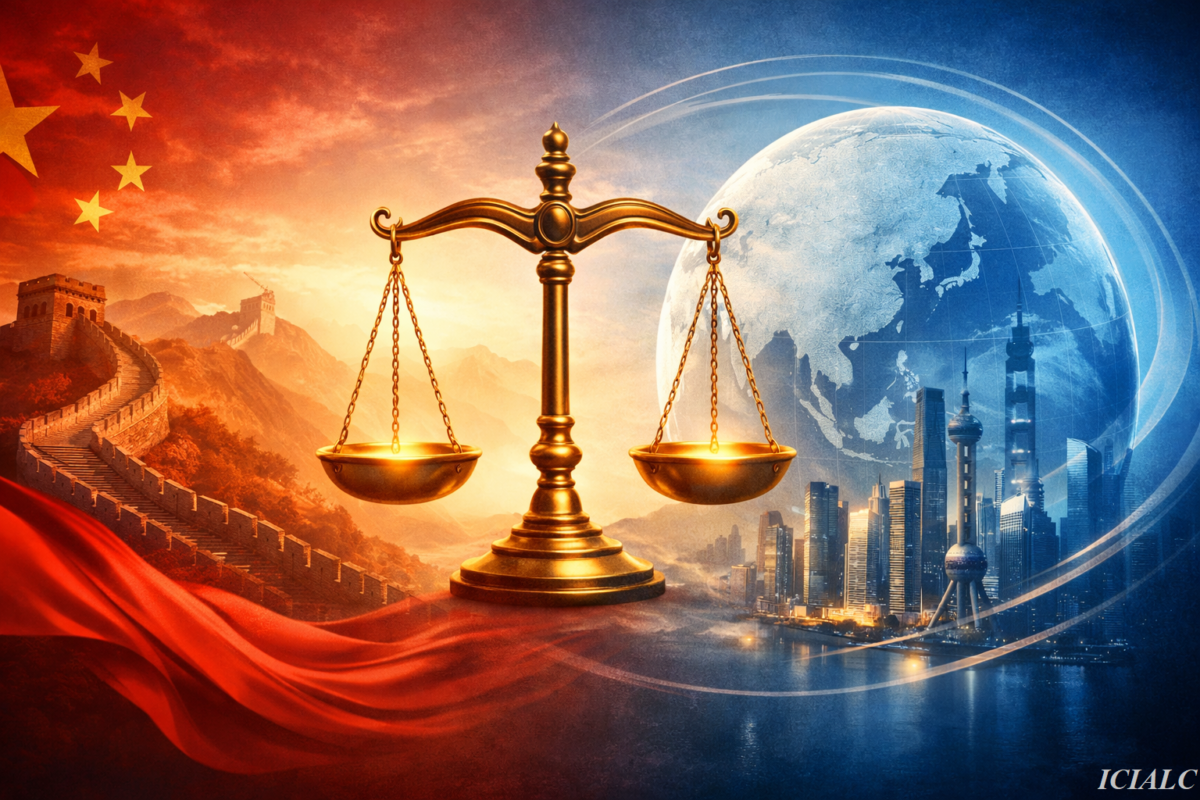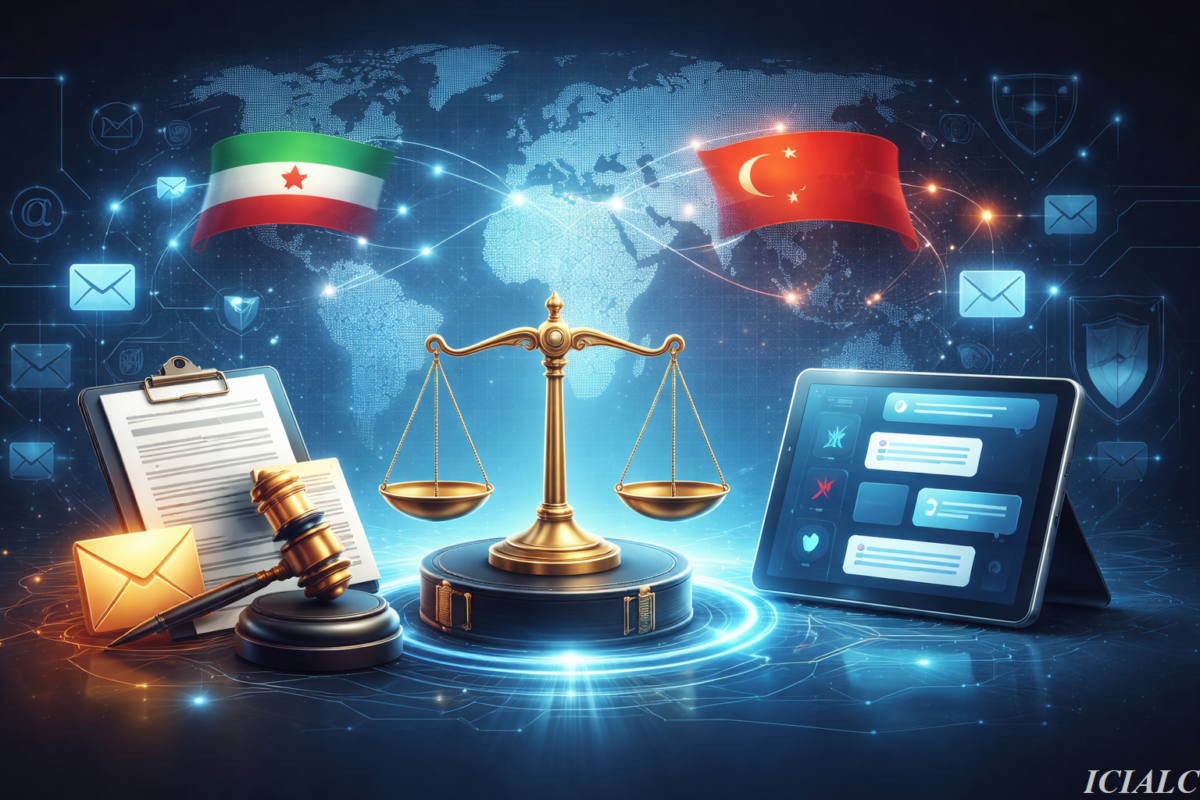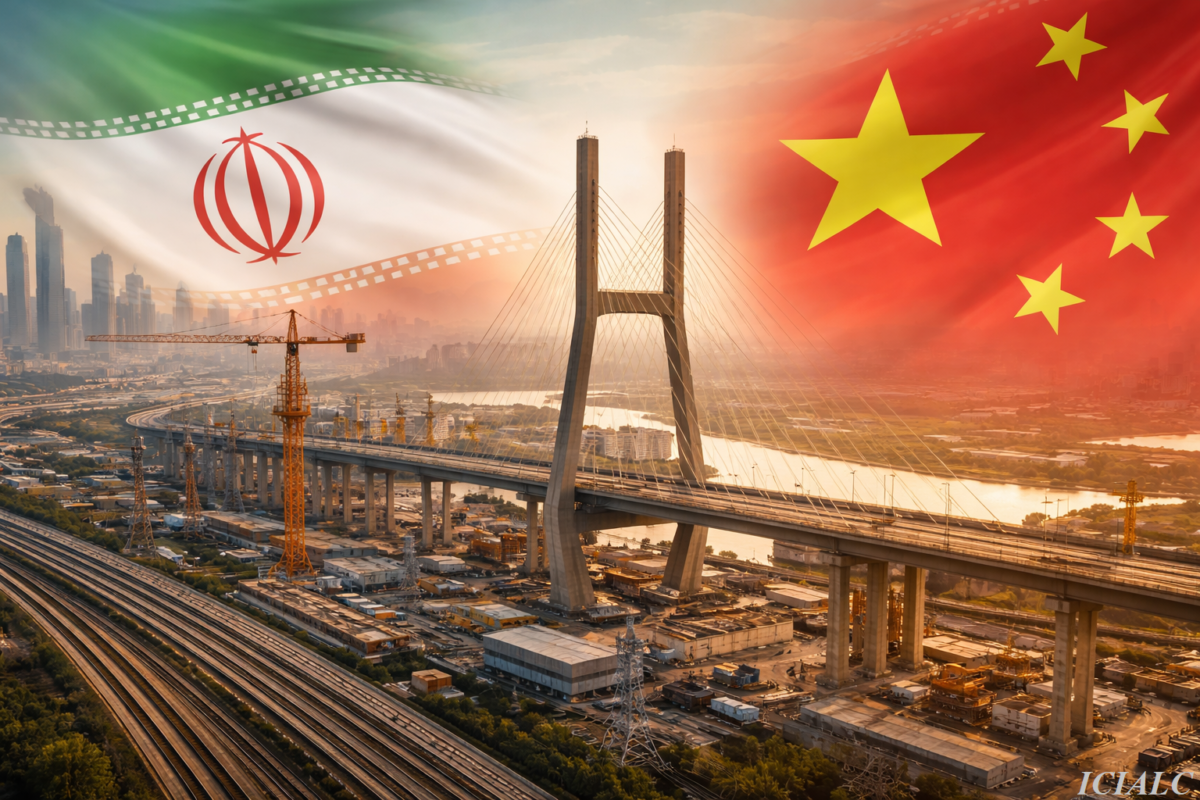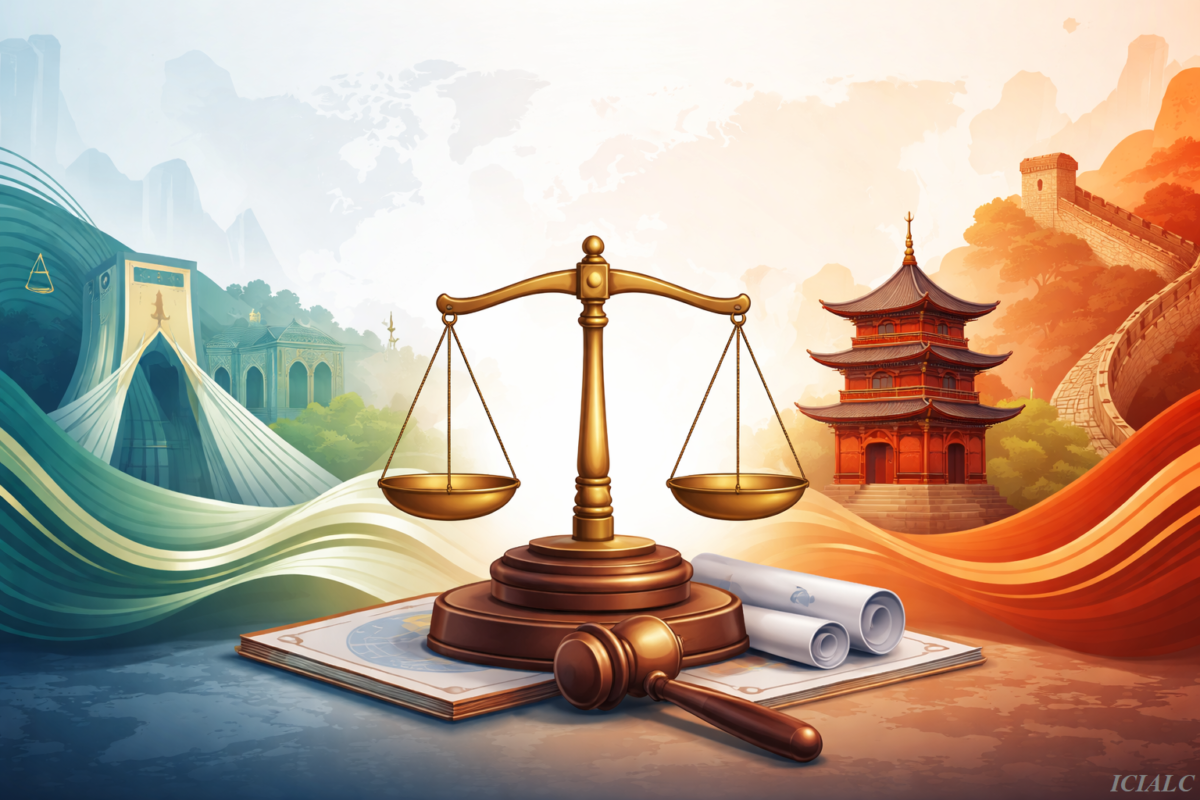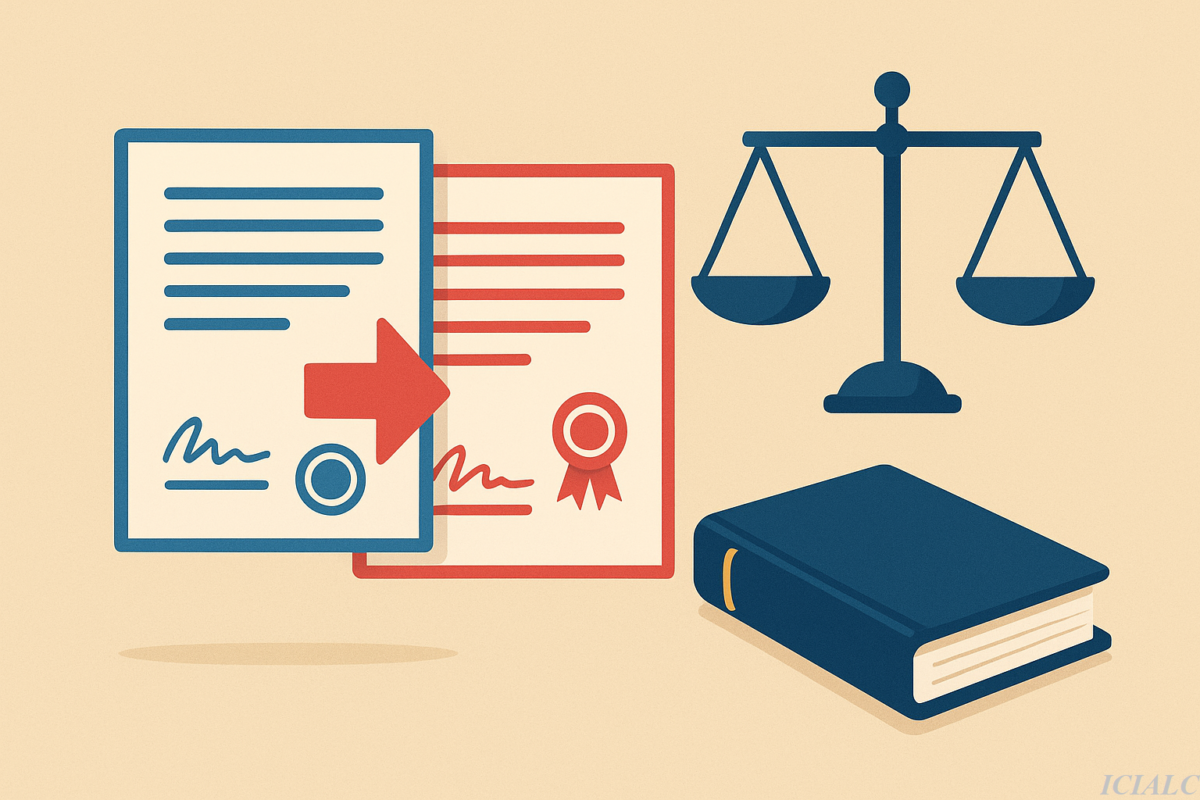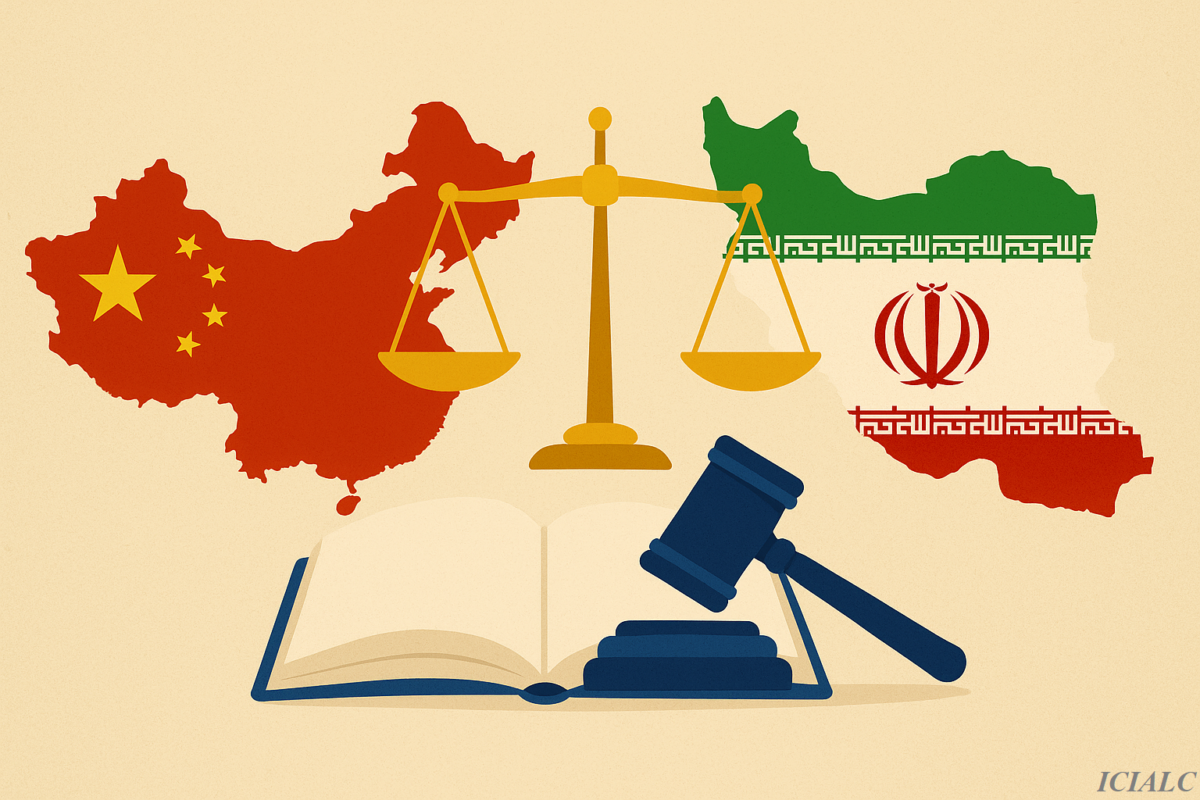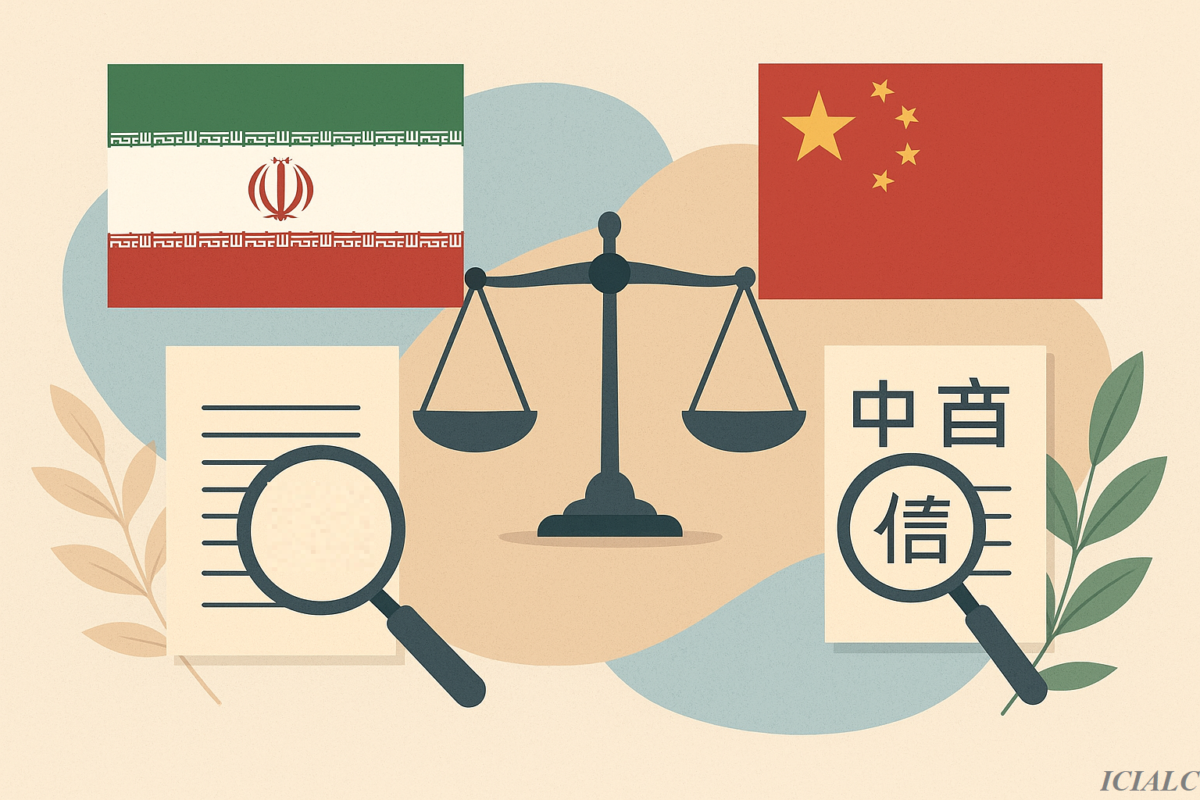International dispute resolution is one of the most complex and sensitive legal and commercial issues for companies and traders, particularly in the context of economic relations between Iran and China. The high volume of trade, along with legal and cultural differences, significantly increases risks. In today’s business world, companies constantly face complex contracts, delays in delivery, disputes over contract interpretation, and issues related to payments and guarantees. If such disputes remain unmanaged, they can lead to massive costs, damage to commercial reputation, and even the loss of international business opportunities.
International arbitration, as an alternative dispute resolution mechanism, is generally employed to reduce time and costs compared to traditional courts. However, the arbitration process itself also has its particular challenges, which often leave companies confused and concerned. In this context, the emergence of new technologies especially artificial intelligence (AI) offers the promise of fundamental changes in how international commercial disputes are managed and resolved. Through data analysis, predictive decision modeling, and document management, AI can make arbitration faster, more transparent, more cost-effective, and less prone to human error.
Challenges of Traditional Arbitration
Although international arbitration is an effective solution for resolving disputes, it still has significant limitations that may create serious problems for the parties:
Lengthy proceedings
International arbitration cases sometimes take months or even years to conclude. Delays in evidence collection, document review, and hearings often leave parties in prolonged uncertainty. For Iranian companies working with Chinese partners, these delays can disrupt financial flows and operational continuity.
High costs
Despite being faster than traditional litigation, arbitration can be extremely costly. Hiring international lawyers, fees for specialized arbitrators, translation of documents, and international travel all contribute to considerable expenses burdensome especially for small and medium-sized enterprises.
Complexity of laws and procedures
In international arbitration, domestic laws, international treaties, and institutional arbitration rules often overlap. This legal complexity complicates decision-making and increases the risk of legal error. Moreover, cultural and linguistic differences particularly in Iran-China transactions can cause misunderstandings in contract interpretation and evidence submission.
Lack of transparency and access to information
In certain cases, full and transparent access to information is difficult to achieve, making the arbitration process even more complex. Without sufficient transparency, the quality of decisions declines and trust between the parties erodes.
These challenges highlight that even international arbitration has its weaknesses without new supportive tools, underscoring the need for smart solutions to improve speed, accuracy, and transparency in dispute resolution.
The Emergence of AI in International Arbitration
Driven by technological advances, AI has become a transformative tool in law and international arbitration. Its use not only increases the speed and accuracy of proceedings but also plays a key role in reducing costs and minimizing human error. Particularly in the context of Iran–China trade relations where legal and cultural differences sometimes complicate cases AI integration can bring fundamental change.
Applications of AI in International Arbitration

AI offers multiple applications that can significantly optimize the arbitration process:
Case and jurisprudence analysis
AI can rapidly process large volumes of documents, contracts, and past cases, identifying patterns, trends, and similar precedents. This shortens information-gathering and enables parties to design strategies built on accurate and reliable data.
Predicting arbitration outcomes
Through advanced machine learning algorithms, AI can forecast likely case outcomes. This allows companies and lawyers to assess risks proactively and make more informed strategic decisions.
Document and evidence management
Given the large scale of documentation in arbitration, AI tools can categorize, organize, and retrieve key information efficiently. This reduces wasted time and human errors.
Global examples
Technologies such as ROSS Intelligence and Kira Systems have already proven effective worldwide in case analysis and document management. These tools illustrate how AI can optimize the arbitration process and make decisions more data-driven and reliable.
Benefits and Opportunities of AI in Arbitration

For international arbitration and particularly for Iranian companies cooperating with Chinese partners AI brings multiple advantages:
Reduced cost and time: AI accelerates case evaluation and document analysis, shortening the timeframe of proceedings and lowering expenses.
Greater accuracy and fewer human errors: Data-driven arbitration reduces mistakes and enhances fairness.
Improved transparency and monitoring: AI enables clearer insight into how cases are analyzed, which criteria are applied, and what data supports decisions boosting trust in the process.
Risk reduction in Iran–China trade: By minimizing cultural and legal misunderstandings, AI helps anticipate outcomes and manage risks, strengthening the security of commercial cooperation.
Challenges and Limitations of AI in Arbitration

Despite its merits, using AI in arbitration also poses several challenges and limitations that lawyers and companies must carefully consider:
Legal and regulatory issues
Clear legal standards concerning AI’s role and responsibility in arbitration remain absent in many jurisdictions, including Iran. If AI-based analysis results in errors or misinterpretations, the lack of regulatory frameworks can cause new disputes. The Iran–China context further complicates this due to divergent legal systems.
Trust in technology
For AI adoption to succeed, arbitrators, lawyers, and parties must trust its outputs. This can be difficult, as machine-generated insights do not always align with conventional legal reasoning sometimes sparking resistance.
Data security and confidentiality
Arbitration often involves highly sensitive information. AI tools must ensure strong protections against unauthorized access. Any breach can result in severe legal and commercial consequences. For Iran–China business relations, strict data protection is essential to maintain trust and avoid subsequent disputes.
The Future of Arbitration with AI
It is anticipated that in the near future, the integration of legal expertise with AI technologies will become a standard feature of international arbitration. Companies, lawyers, and arbitrators will need to familiarize themselves with these tools and use them in case analysis and dispute management. This shift will enhance the speed and accuracy of proceedings while improving risk management and outcome prediction.
Effectively leveraging AI in arbitration will provide a competitive edge for businesses seeking efficient, low-cost, and reliable dispute resolution in global markets.
Conclusion
Artificial intelligence is profoundly transforming international arbitration. Beyond lowering costs and expediting processes, it improves decision accuracy and transparency. The integration of legal expertise with AI technologies is key to success in commercial dispute management, particularly in Iran–China relations.
By understanding the opportunities, challenges, and practical applications of AI tools, companies and lawyers can reduce risks, streamline arbitration, and strengthen trust in international business transactions.
